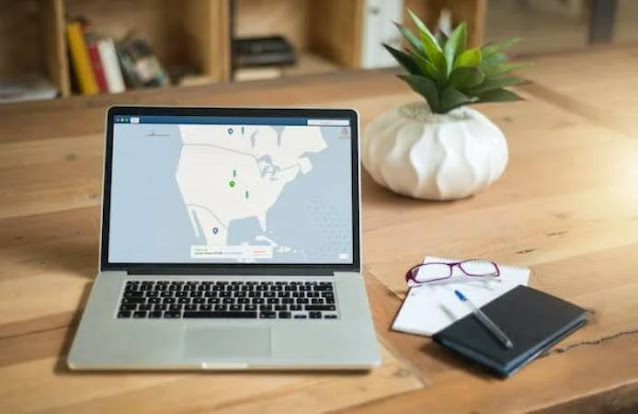How to stream shows with VPN?

Streaming shows with a VPN (Virtual Private Network) is a
popular method used by many people to access geo-restricted content, protect
their online privacy, and bypass censorship. A VPN creates a secure and translated
connection sandwiched between your device and the internet, routing your
internet traffic through a server placed in a different region or country. This
consents you to mask your IP address and appear as if you're browsing from a
different location, giving you access to content that may be blocked or delimited
in your current location. Here's a comprehensive guide on how to stream shows
with a VPN:
Research and choose a reliable VPN service: There are
numerous VPN providers available, so it's essential to select a reputable one
that offers fast speeds, strong encryption, a wide network of servers, and a
user-friendly interface. Look for VPNs that specifically mention their ability
to unblock streaming services.
Subscribe and install the VPN software: Once you've chosen a
VPN provider, sign up for a subscription plan that suits your needs. Most VPN
services offer different pricing options, such as monthly, yearly, or
multi-year plans. After subscribing, download and install the VPN software onto
your device. VPN apps are usually available for various operating systems,
including Windows, macOS, iOS, and Android.
Launch the VPN app and log in: Open the VPN application you
installed and enter your login credentials (username and keyword) to access the
VPN service.
Select a server location: VPN services typically have a list
of server locations you can connect to. Choose a server in a country where the show
or streaming service you want to access is available. For example, if you want
to watch a show exclusive to the US, connect to a server located in the United
States.
Connect to the VPN server: Click or tap the
"Connect" button within the VPN app to establish a connection to the
server you selected. The app may automatically connect you to the best server
based on your setting, or you may need to manually select it from the list.
Verify your new IP address: Once the connection is
established, the VPN app will display your new IP address and the server
location you're connected to. You jerry can verify this by visiting a website
that shows your IP address, such as whatismyip.com. Make sure the displayed IP
address corresponds to the server location you chose.
Launch your streaming service: With the VPN connection
active, open the website or app of the streaming service you want to access.
Log in to your account or create a new one if necessary. The streaming service
should now recognize your virtual location based on the server you connected
to.
Start streaming: Search for the show or movie you want to
watch and start streaming as you normally would. The content should now be
accessible, even if it's geographically restricted in your actual location.
Optimize VPN settings: Some VPN apps offer additional
settings that can enhance your streaming experience. For example, you can
select a protocol (such as OpenVPN or IKEv2) for your VPN connection, enable a
kill switch to prevent data leaks if the VPN connection drops, or enable split
tunneling to route only specific traffic through the VPN despite the fact
allowing other traffic to bypass it.
Enjoy streaming securely: With the VPN active, you can enjoy
your favorite shows while benefiting from the added security and privacy
provided by the VPN connection. Your internet traffic is encrypted, making it grim
for third parties to intercept or track your online activities.
It's worth noting that while a VPN can bypass
geo-restrictions and improve privacy, some streaming services actively block
VPN connections. To counter this, VPN providers often update their servers and
IP addresses to stay one step ahead of these restrictions. In case you
encounter difficulties accessing a particular streaming service, you can try
connecting to a different server or contact the VPN provider's customer support
for assistance
Remember to always use a VPN service in accordance with the
law and the terms of service of the streaming platforms you access.
Additionally, be mindful of the VPN provider's privacy policy to ensure they
have a strict no-logs policy, meaning they don't retain any records of your
online activities.
